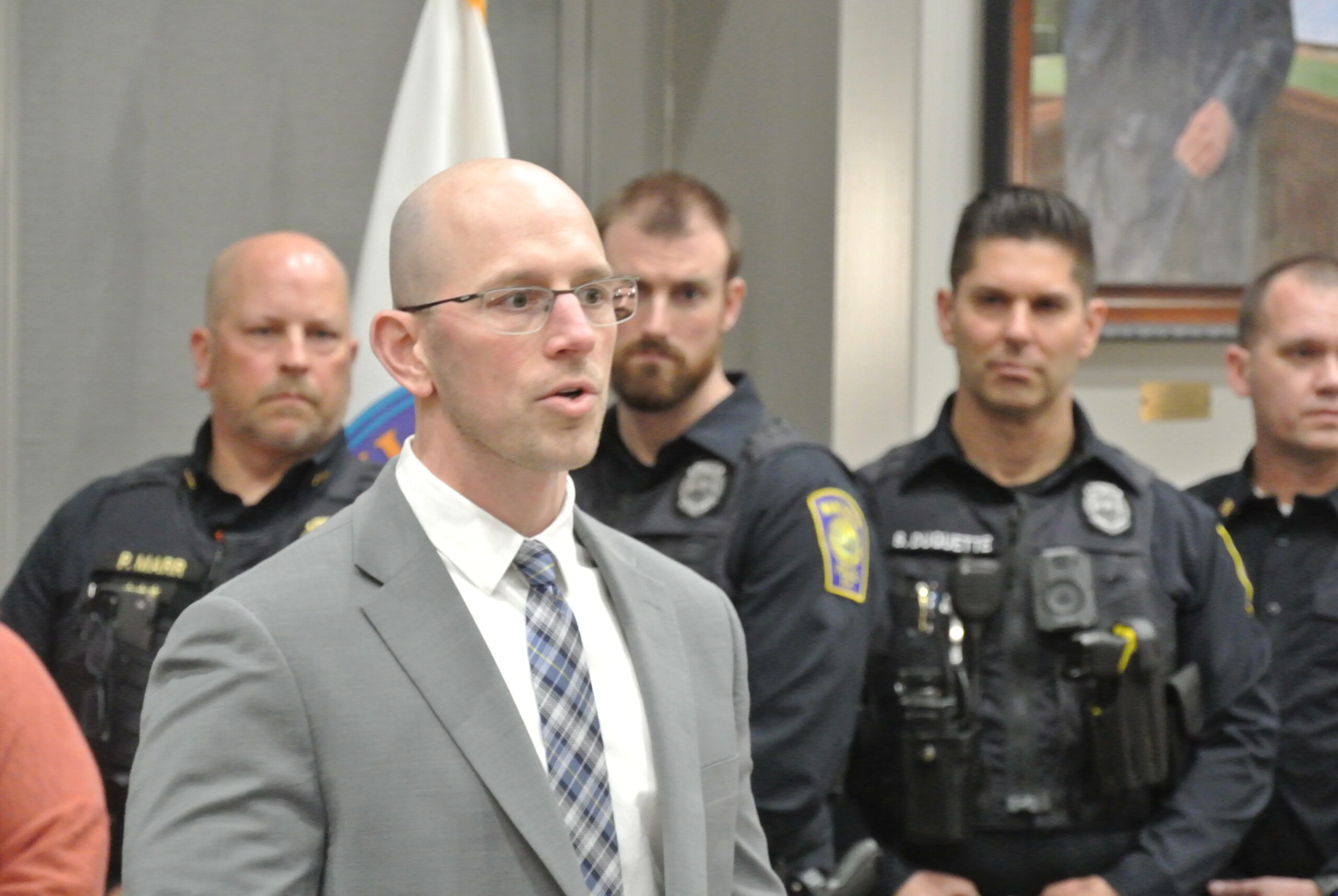Manchester Mayor Ruais Wants City Auditor Brought Back

Manchester has been operating without an independent auditor for years, despite a city charter requirement, and Mayor Jay Ruais said that needs to change.
“It’s been six years since the city had a charter-required independent auditor,” Ruais told NHJournal.
The position has been vacant since Kevin Buckley, the last independent city auditor, retired in 2018 during Mayor Joyce Craig’s administration. After Buckley left, the job was never filled, leaving a gap in Manchester’s fiscal oversight system.
“I want to make sure we’re providing the oversight,” Ruais said.
Manchester does get an annual audit from the Melanson Marcum firm, but that’s a process that is supposed to be managed by the auditor under the city charter. The auditor’s position is assigned to work in the City Solicitor’s Office per charter rules.
The auditor is also tasked with regular analysis of all city departments as well as the operations of the ski area, golf course, civic center, MTA, MCTV, and baseball stadium to make sure the finances are transparent, and that the services provided using taxpayer funds are done efficiently.
The auditor is also to perform any particular investigations or research into aspects of city government as requested by committees and the Board of Aldermen.
“The city auditor can examine individual contracts and departments as needed,” Ruais said.
Ruais doesn’t know why Craig left the position open, but he said Manchester voters and business owners deserve to have a city auditor on staff making sure their taxes are being used correctly, and that their city is running as it should.
“I don’t know why Mayor Craig never hired for the role, but it’s certainly a priority for me. And with increased inflation and taxpayers fighting different headwinds, it is the kind of accountability we need to provide,” he said.
The city tried to hire a new auditor twice since Buckley’s retirement, but two different hiring committees came up short finding a candidate to take the job.
Ruais wants to include $135,000 in the upcoming city budget starting July 1, 2025 to cover the $90,000 salary and benefits for the auditor’s position. The proposal so far won approval with the Committee on Community Improvement. Under his proposal, the first year for the position would be paid for with American Rescue Plan Act funds, with the city taking over the costs starting the following year.
In 2023, the Illinois-based nonprofit Truth In Accounting gave Manchester a “D” for its city budgeting practices, reporting the city didn’t disclose the level of debt taxpayers were carrying.
“We really believe that our representative forms of government are being harmed because citizens are making decisions on tax policy, spending policy, and who they even vote for based on misleading or wrong financial information,” said Sheila Weinberg, co-founder and president of Truth in Accounting.
“We have worked for years to recast government’s financial reports to show a truer picture of their financial condition, bringing business accounting to these financial statements instead of the political math that is used by the governments,” she said.












